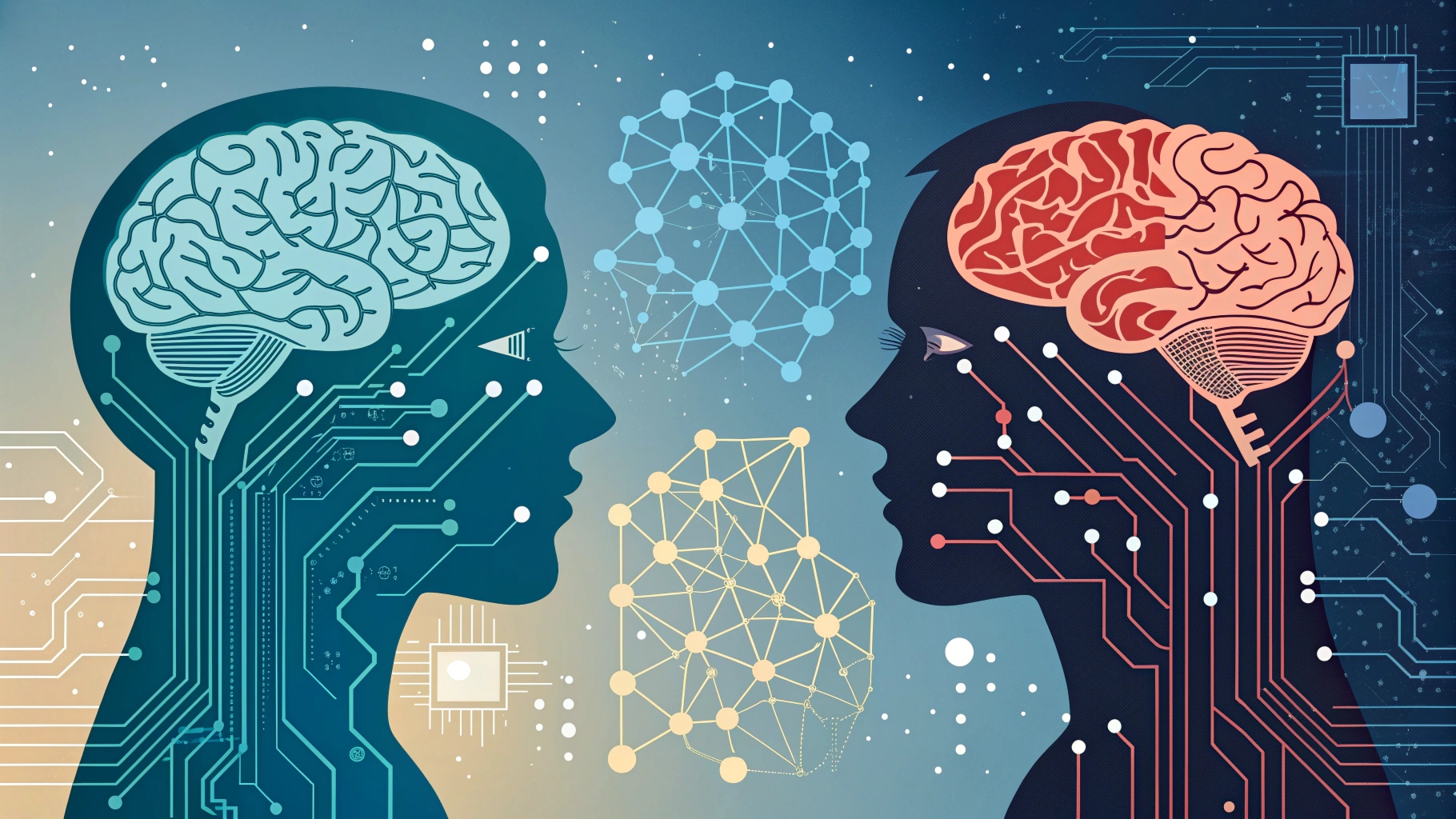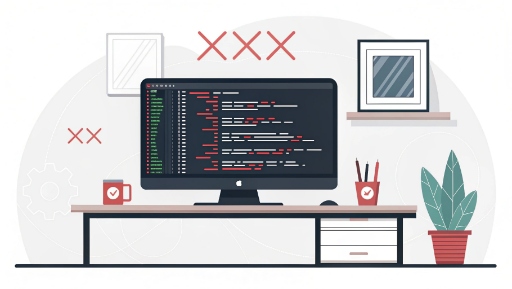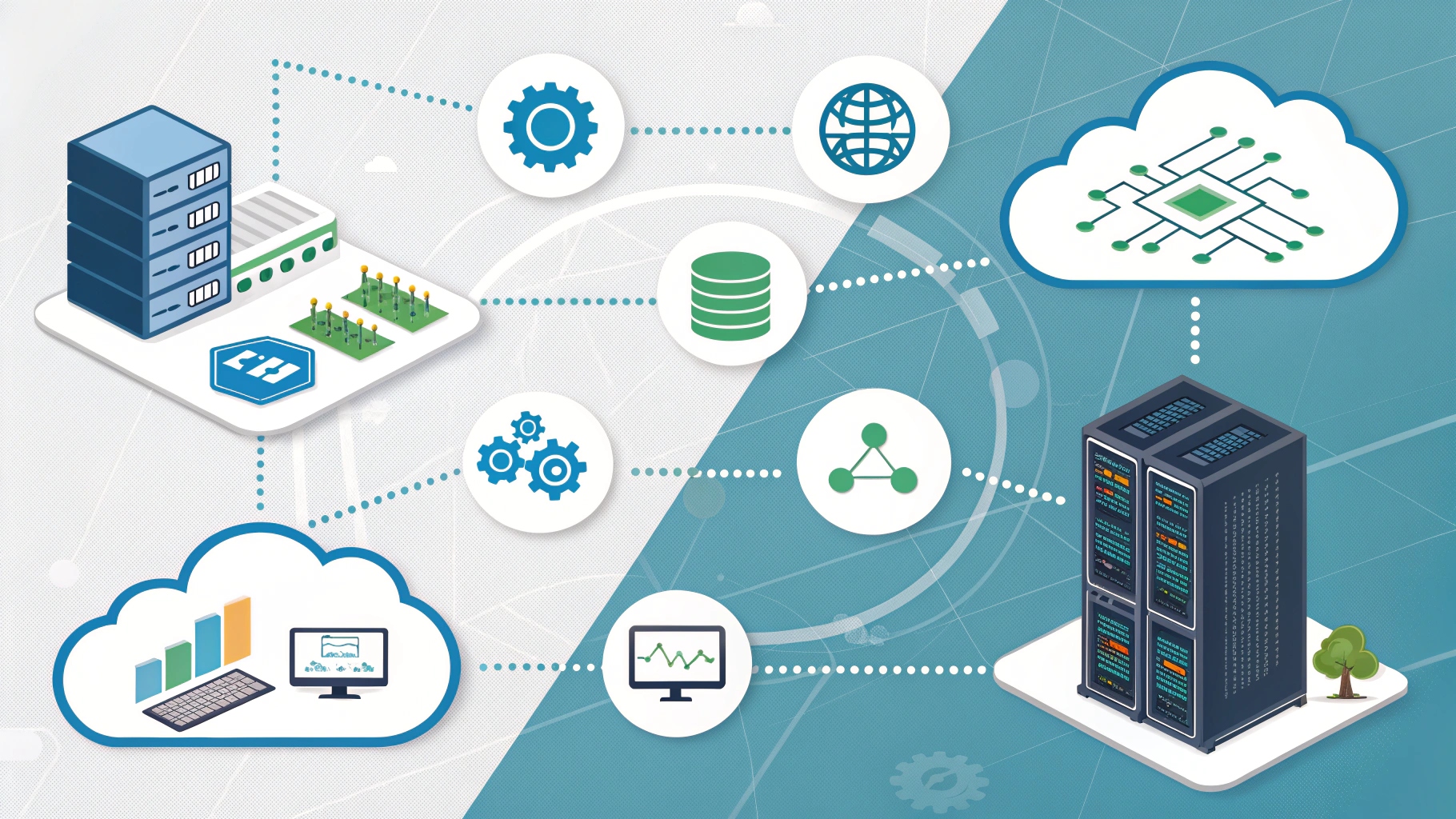
Summary
What is AI SEO and How to Do It in 2025 explains the evolution of search engine optimization through the integration of artificial intelligence. The blog dives into how AI tools enhance keyword research, content creation, and on-page SEO, allowing businesses to predict trends, optimize content in real-time, and tailor experiences for users.
Key takeaways from this AI SEO guide 2025 include:
- AI SEO uses machine learning to analyze data, predict trends, and optimize content.
- On-page SEO is more effective with AI-driven suggestions for structure, keyword usage, and readability.
- Tools like Surfer SEO, Frase, and Jasper help automate and enhance content strategy.
- AI search engine optimization emphasizes content quality, user intent, and performance monitoring.
- Staying ahead in 2025 means adopting AI tools and maintaining a human-centered content strategy.
As we step further into the era of automation and intelligent systems, AI SEO has emerged as one of the most powerful digital marketing tools. If you’re looking to future-proof your website’s visibility, understanding and implementing the strategies in this AI SEO guide 2025 is crucial.
In this blog post, we’ll explore what AI search engine optimization really is, how it’s transforming traditional SEO, and actionable ways to leverage on-page SEO using artificial intelligence.
What is AI SEO?
AI SEO refers to the use of artificial intelligence technologies and machine learning algorithms to optimize web content for search engines. In 2025, AI is not just a supporting tool—it’s leading the charge in search behavior, content creation, and user engagement tracking.
With AI, businesses can now:
- Predict search trends
- Automate keyword research
- Personalize user experiences
- Optimize content at scale
- Improve content performance with data-driven insights
AI tools analyze massive datasets in real-time, allowing marketers to make smarter, faster decisions about SEO strategies.
Why AI SEO is Essential in 2025
Search engines like Google have become more intelligent with AI-powered algorithms such as RankBrain, BERT, and now Gemini. These systems understand natural language and user intent better than ever before. That means old-school tactics like keyword stuffing or exact-match SEO no longer cut it.
Here’s why AI search engine optimization is vital in 2025:
- Smarter SERPs: Google understands queries semantically and contextually
- Voice and conversational search are on the rise
- Content relevancy and user value are top ranking factors
- Predictive search behavior helps deliver content before it’s even searched
AI SEO vs. Traditional SEO: What’s the Difference?
| Feature | Traditional SEO | AI SEO 2025 |
| Keyword Research | Manual | AI-Powered, Predictive |
| Content Optimization | Based on guidelines | Data-driven personalization |
| Link Building | Manual outreach | AI-assisted strategies |
| Search Intent | Assumed | Precisely analyzed |
| Content Updates | Periodic | Real-time optimization alerts |
AI takes the guesswork out of search engine optimization, providing clarity and efficiency in every step.
Key Components of AI SEO in 2025
1. Natural Language Processing (NLP)
AI tools analyze your content just like Google does—by understanding meaning, tone, and structure. NLP ensures your content aligns with user queries, making your on-page SEO efforts more effective.
2. Smart Keyword Targeting
Using platforms like Clearscope or Surfer SEO, AI analyzes top-ranking content and recommends:
- Focus keywords like “AI SEO guide 2025”
- Semantic keywords
- Ideal word count
- Content gaps
3. Predictive Content Strategy
AI SEO tools can forecast which topics will trend, allowing you to publish content before demand peaks—giving you a massive competitive edge.
4. Automated On-Page SEO Optimization
Tools like Frase and Jasper use AI to suggest headlines, meta descriptions, and even generate blog sections. You can instantly adjust your content for readability, keyword density, and engagement—all from a dashboard.
How to Do AI SEO in 2025: Step-by-Step Guide
Step 1: Choose the Right AI Tools
Start by integrating platforms like:
- Surfer SEO – for AI-backed content structure
- Frase.io – for content briefs and optimization
- Jasper – for AI-assisted writing
- MarketMuse – for keyword coverage and content planning
These tools provide actionable recommendations based on your niche, goals, and existing content.
Step 2: Conduct AI-Powered Keyword Research
Forget the old ways—let AI find what your audience actually searches for. Focus on:
- Search intent behind keywords like AI SEO guide 2025
- Long-tail and voice-friendly queries
- Semantic relevance and topic clusters
Step 3: Create Content with AI Help (But Human Touch)
Use AI tools to draft outlines or content suggestions, but always inject human creativity and E-E-A-T (Experience, Expertise, Authoritativeness, Trustworthiness). This balance ensures your content is both optimized and relatable.
Step 4: Optimize On-Page Elements
Follow this updated on-page SEO checklist:
- Title Tag: Include the focus keyword
- Meta Description: Compelling and keyword-rich
- Headings (H1, H2s): Use both primary and secondary keywords
- Internal Links: Guide visitors through your content
- External Links: Reference authority sources (like Neil Patel on AI SEO)
- Alt Text: Describe images accurately with relevant keywords
Step 5: Monitor Performance and Optimize Continuously
AI helps track:
- Ranking improvements
- Engagement metrics (CTR, dwell time)
- Content decay alerts (when your blog needs updates)
Set up dashboards with Google Analytics, Search Console, and your AI tool of choice to stay ahead.
The Role of AI in Future SEO Trends
As search engines evolve, so must your SEO strategy. Here’s what to watch for:
- Voice-first indexing
- AI-generated SERP features
- Hyper-personalized search results
- Video and visual AI SEO integration
As AI continues to reshape how we approach SEO, it’s also playing a major role in broader digital marketing strategies. From content personalization to automation, the digital landscape is evolving rapidly. To get a fuller picture of these changes and how they impact your overall marketing efforts, be sure to check out our detailed guide on the Top Digital Marketing Trends to Watch in 2025. It complements this AI SEO guide by highlighting the biggest shifts marketers need to prepare for this year.
Final Thoughts
The future of SEO is undeniably intelligent. By embracing AI, you’re not just keeping up—you’re leading. This AI SEO guide 2025 equips you with the tools and insights to create content that resonates, ranks, and converts.
Whether you’re optimizing your homepage, writing a blog, or refining your on-page SEO, let AI help you work smarter—not harder.
Ready to future-proof your digital presence?
FAQ
1. What is AI SEO?
AI SEO is the application of artificial intelligence and machine learning technologies to improve search engine optimization. It helps in keyword research, content optimization, predictive analysis, and performance tracking.
2. How is AI changing SEO in 2025?
AI is transforming SEO by focusing on user intent, semantic search, voice queries, and content personalization. It automates data analysis and provides insights for smarter, more targeted SEO strategies.
3. Which AI tools are best for SEO in 2025?
Popular tools include:
- Surfer SEO – content optimization
- Frase.io – content briefs and optimization
- Jasper – AI writing assistant
- MarketMuse – keyword coverage and topic planning
4. Is AI SEO better than traditional SEO?
AI SEO enhances traditional SEO by making it faster, more accurate, and scalable. However, it should complement—not replace—human creativity and strategic thinking.
5. Can AI help with on-page SEO?
Yes! AI helps structure content better, optimize meta tags, suggest internal links, and analyze content gaps—boosting on-page SEO efficiency and effectiveness.
6. Do I need technical skills to use AI SEO tools?
Most AI SEO tools are user-friendly with intuitive interfaces. While some SEO knowledge helps, these tools are designed to assist beginners and experts alike.







